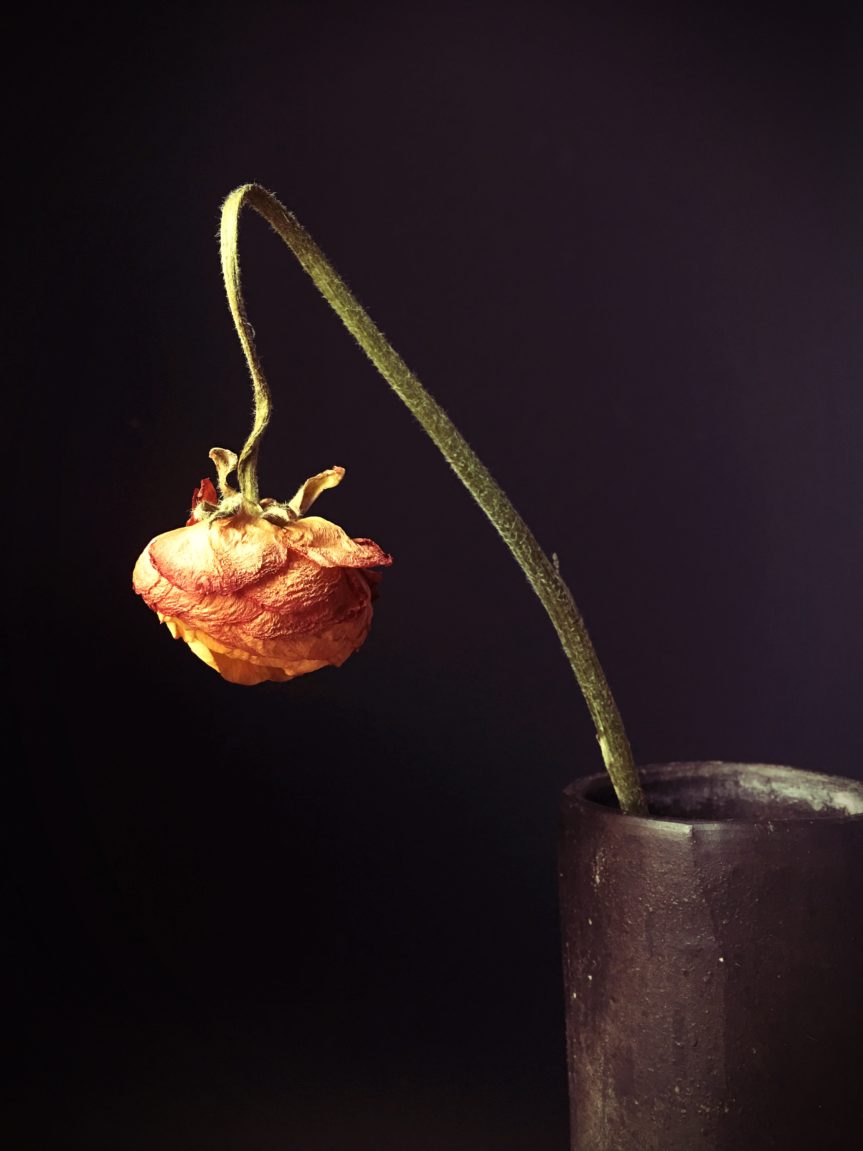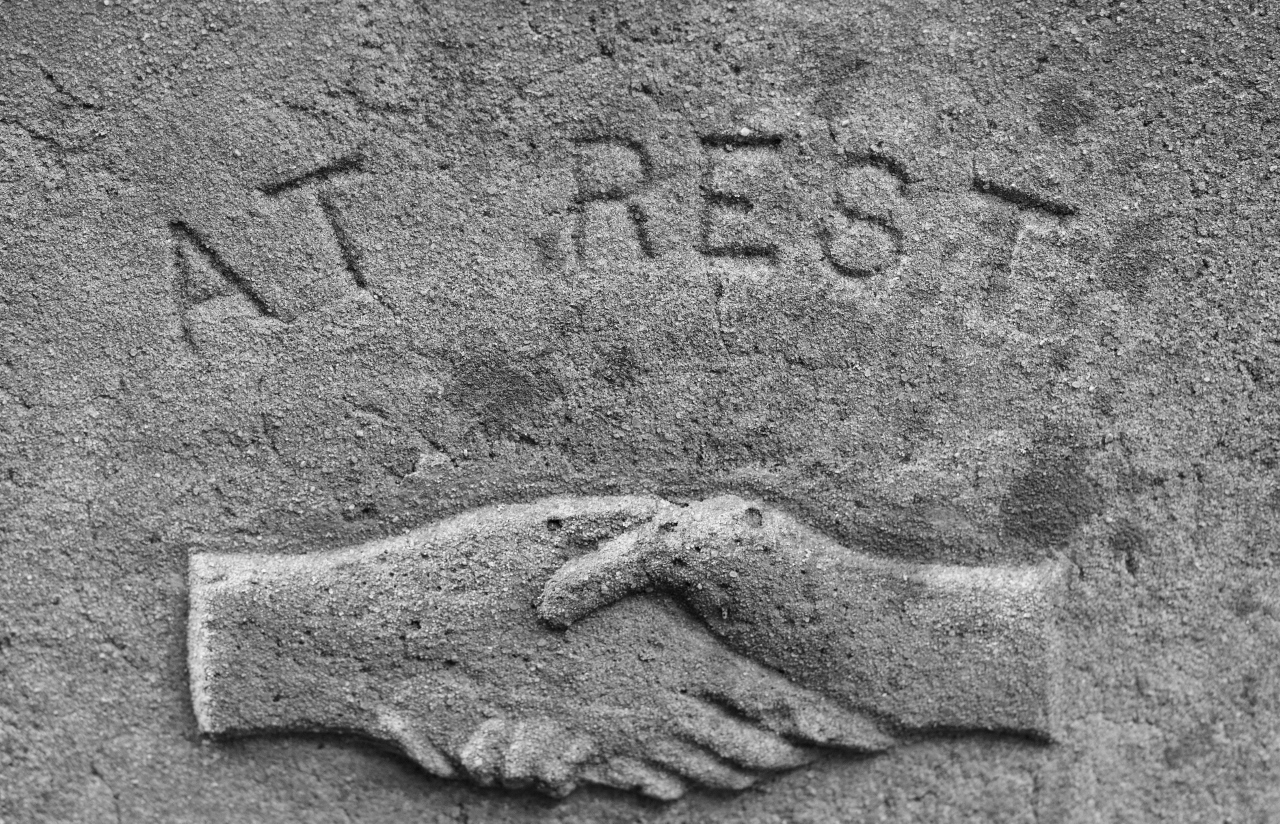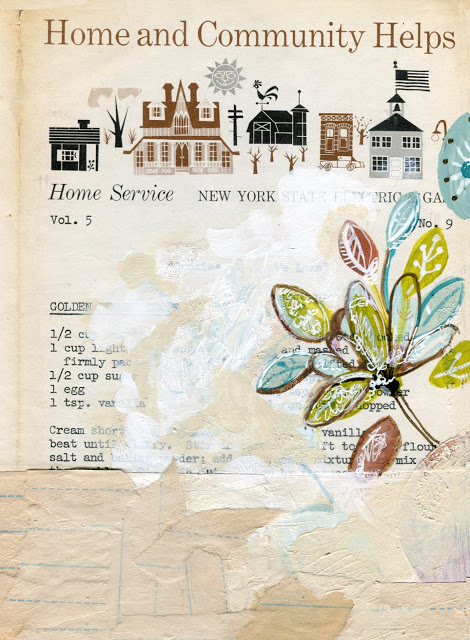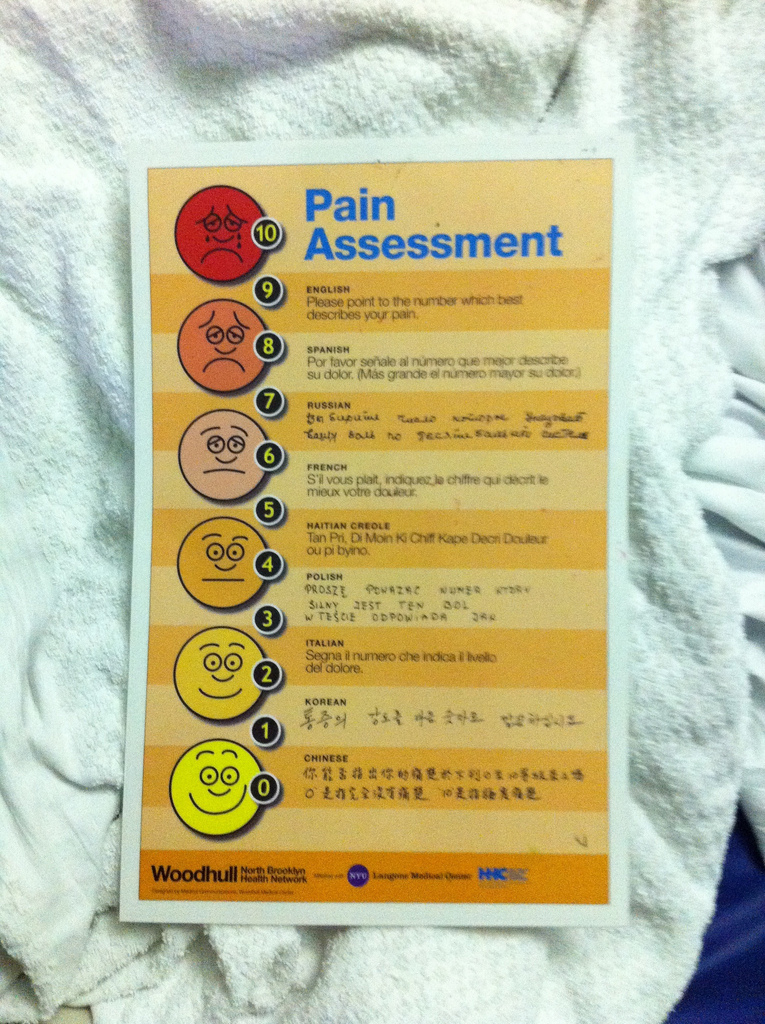Photo by Gina Easley
By Jennifer James
I was sitting in the dermatologist’s office, waiting to be seen for what I was convinced was a killer mole. Killer. I couldn’t quite get a full lung full of air, but over the last few months, and several futile visits, my general practitioner had listened to my chest, put me on antibiotics, and assured me I could breathe just fine. After my third visit to her for what was apparently an imaginary ailment, I went on with my life, hoping that she was right, that I could breathe just fine, even though I really, really couldn’t. My oxygen levels were fine, according to the professionals. But those fuckers had missed my malignant mole.
I was determined to live, against all odds, so I bypassed my worthless primary care doctor and took myself straight to the specialist. I waited for forty-five minutes, which was normal for this dermatology practice, I knew. The doctor in this office was notorious for his friendly, long-winded office visits. I’d seen him a time or two before for warts and skin tags—definitely minor issues—and had left the office in in a little under two hours, from check-in to walking out the door. Large medical conglomerates would seizure over the disturbing amount of time this man spent with his patients—often discussing his children’s college plans or the weather, or anything else that crossed his mind. But I knew the guy, and at this point, I just wanted to get what I knew would be the bad news and get on with an aggressive treatment plan.
Dr. Pike bustled into the room like Santa Claus. He was jolly and friendly and happy. He shook my hand and asked why I was here. I took the deepest breath I could manage and showed him the offending, obviously atypical mole on my right wrist. He adjusted his glasses and examined the spot thoughtfully. Too thoughtfully, for my taste. Just say it, I thought. He took off his glasses and looked at me.
“What we’re looking at here is a kind of pigmentation change that comes with age, Mrs. James. It’s normal, nothing wrong with this bit of skin at all.”
“Okay, thank you…” I said shakily. Dr. Pike smiled encouragingly and checked my chart. “So you’re thirty years old, right? Do you have any high risk factors regarding your skin? Because you’re pretty young to be worried about this sort of thing unless you had some specific reason to be concerned.”
I recognized this routine now: it was a kind of variation on the talk my general practitioner had given me about my breathing. The message was essentially, Lady, you’re fine. We’ll check you out because you’re here in front of us, but you might be just a little nuts. This was familiar and increasingly becoming true: I WAS a little nuts.
“No, not really,” I said.
Dr. Pike looked me in the eye and smiled gently. “So … how’s your health otherwise?’
I could feel my mouth turning down and my chest opening up wide. I sobbed and sobbed. I couldn’t make words come out, and all the while, Dr. Pike looked on kindly, passing the tissue box and making reassuring, non-judgmental noises. I loved him for this.
After a while, I blew my nose, and wiped my face. Dr. Pike sat patiently, perched on his little stool with wheels, waiting for me to get my shit together. When I could talk again, I told him, “My mother died. She died almost six months ago. Ever since then, I can’t breathe. And the doctors can’t find anything. But I can’t ever get a big, deep breath and I don’t think I’m ever going to be okay.”
Dr. Pike nodded. “I understand. There’s something inside that breaks when your mom dies. I remember going outside one night not long after I lost my own mother. It was a perfect night, kind of cool, but not cold, and the stars were bright, bright, bright, bright as I’d ever seen them. And I looked up at them and thought: Huh. Just stars. I knew they’d never look the same to me, that I’d lost something so enormous that even the most beautiful starry night meant nothing.” He paused and I don’t remember what I did, but I remember feeling a tremendous lifting, the feeling that finally someone understood how fucked up the world was because my mother had died, that someone spoke my language.
Moving on to actual medicine, he said: “Now, as for your breathing, let’s do this one thing at a time.” He concurred with my general practitioner that it was probably nothing, but also strongly recommended that I find a new doctor. “I believe in the power of negative test results,” he said confidently. “We need to be sure that it’s nothing, and the only way to do that is to test for the things it could be.” He continued talking, lapsing into his signature story-telling mode, telling me all about a friend of his who’d displayed all kinds of horrifying neurological symptoms, had undergone extensive, invasive testing, only to learn that his symptoms were a blip…benign. No underlying, lethal cause. “You need to have some testing,” he said. “Get some answers and then go on.” He didn’t offer any bullshit assurances that everything would be fine, and that I didn’t have anything to worry about—another reason to love the man. I was relieved to be talking to someone who got it: things were fucked and they could get more fucked. Get your shit together as best you can and take a step.
•••
A year earlier, I’d still been nuts but in a much more manageable way. I’d been working at a dead end job as a receptionist. I was looking for a new job and had romanced myself into thinking that if I returned to teaching, I’d finally be happy. I applied and applied and finally found a position in a classroom. The job description was fluid—I’d be an assistant in a classroom, unless a full-time teaching position opened up. I didn’t care; I was excited to be getting out from behind the receptionist’s desk and to be making more than seven dollars an hour.
My husband and I had no children at the time. We’d made some sketchy decisions early in our marriage, beginning with our choice to make his rural hometown our permanent home. It turns out that small hometowns make lovely movie backdrops but don’t provide a robust job market. We started out really poor and managed to become really, really poor. Right before my mom died, we were on the verge of getting our collective shit together. My husband had landed a job with health benefits. I had resumed my education, trying to fashion a career that I didn’t really want from classroom experience and good intentions, and about a month before we found out my mom was sick, I’d started as the director of the infant program at a Montessori school. I was really trying to love it.
My grandmother, Gladys, was an interesting woman. She was cultured and funny and kind. She was also the kind of person who could suck all of the air out of any room she passed through. My parents had divorced about fifteen years earlier and as my grandmother grew older and my mother grew poorer, they combined households. My grandmother moved in. These two women had been the most imminent, consistent presences in my life and even now I have trouble explaining how they got along. Or didn’t. One phrase might be: unconditional love, as in, no matter what, these women never really let go of one another, regardless of distance, circumstance, or the emotions involved. Another phrase might be: toxic codependency, also as in, no matter what, these women never really let go of one another, regardless of distance, circumstance, or the emotions involved. It was quite a mess. Like most families.
It was a cool, September evening in 1998 when my grandmother called. In her throaty alto, she said, “Well, dear, don’t be alarmed, but your mother was admitted to the hospital this evening. She was having just a little trouble breathing. She’s much better now, though! Everything will be fine. But it would be so lovely for her to see you…” I planned to come up the next day after work, leaving the classroom full of babies behind and spending a long weekend with my mother who was, reportedly, “much better.” I would only miss one day of work at my new job and could go see about my mom. It was manageable.
My classroom full of babies was not so manageable. The babies themselves were fine. But I had some serious doubts about my return to the classroom. The business of caring for babies is sacred to me; they are some of the most precious, vulnerable people on the planet. I went into the classroom with the idea that my mission was to care for the children. I had forgotten about their fucking parents. Parents who drove up in their Mercedes to drop off their twelve-month-old with an ear infection. Parents who demanded that their child nap at school, even though the child sobbed through nap time. Parents who dropped their babies so they could go golf. Not that there weren’t lovely parents there, too, parents who came at lunch to breastfeed their babies, parents who took days off of work, just to spend time with their babies, but I wasn’t seeing those folks as clearly. I committed a cardinal sin in teaching: I judged the parents. Now, twenty some years later, a parent myself, I have a little more compassion for everyone involved. At the time, I thought, Jesus. I fucked up again. I need ANOTHER new job.
So when my grandmother called, there was a part of me that was actually relieved, grateful that I would have the coming Friday off from the babies and their whiny-assed parents. I would see my mom and my grandmother, they would annoy me, and I would go back to my life and try to learn to love it as it was, or at least grow into it gracefully. I didn’t feel particularly sad, even. Rather, I had a kind of dysfunctional anticipation of a crisis. “Any idiot can face a crisis; it’s this day-to-day living that wears you out,” wrote Chekhov. I wasn’t very good at the day-to-day-living. A crisis sounded a little bit lovely.
My sister and I talked later that evening too. My sister is four years younger than I am, but many years wiser.
“It’s cancer,” my sister muttered. “You know it’s cancer.”
On my end of the line: “Maybe. You don’t know for sure…” I believed myself, too. My mother was…well, my mother. She had survived all kinds of unlikely, life threatening illnesses, and it seemed silly that life would smack her down at this point. My sister, on the other hand, took the view that it was a fucking miracle life hadn’t smacked her down before this point. It seemed too soon to say.
The cold, hard truth was that my mother had been smoking since she was twelve years old. When I got this phone call, she was fifty-five years old and had just celebrated her birthday with a traditional lobster tail dinner that she just couldn’t eat. That should’ve been a sign, my grandmother said later. At five feet, four inches, my mother weighed probably a hundred pounds. She’d looked suspiciously thin for years, seeming to survive mostly on nicotine and pure sugar, with the occasional navel orange (she always peeled them artfully, leaving the entire skin in one, unbroken spiral) or bowl of rice for variety. This was who my mother was, though. Quirky and kind of depressed, relatively happy to go to bed early most nights with a thick novel, a pack of cigarettes, and a bag of gooey circus peanut candies on her nightstand, in her odd little nest of a bed. There would be too many cats sleeping on her feet and two big dogs flopped on the floor beside the bed (they were too big to fit on the actual bed) and she drifted in and out of sleep fitfully, smoking a cigarette or two during the night in the dark.
The following day, I went to school and explained the situation to the Head of School. She nodded, her big brown eyes concerned. “Of course, take tomorrow,” she said. “Hope your mom is okay; we’ll see you Monday.”
My mom was not okay. I got to the hospital and could see that. My grandmother was lovely in a kind of lethal way; she couldn’t hear much, didn’t want to hear much, and couldn’t believe that anything could be really wrong with her daughter. On the trip from my mother and grandmother’s house to the hospital, my grandmother chatted serenely, telling me about the fluid they drew off my mother’s chest, how she was breathing so much better, and how it was so nice that I’d been able to come this evening; I could see the doctors in the morning and surely they’d figure something out. I nodded and smiled—this was always the best approach with my grandmother.
My mother was in the ICU. Her private cubicle (the only fabulous thing about being gravely ill—you get much better hospital care than the less gravely ill) was lined with monitors. The ubiquitous bag of fluids was hooked up and she wore that tiny oxygen cannula in her nostrils. I suddenly felt everything. The corners of my mouth turned down and an actual sob came out of my mouth. My mother, truly one of the kindest people I’ve known, snapped: “Oh for heaven’s sake. Stop being so dramatic, Peanut.”
There is a scene in the movie, Lawrence of Arabia, when Lawrence allows a match to burn all the way to his fingertips without showing a reaction. When his friend attempts the same trick, it hurts! Lawrence says: “Of course it hurts. The trick is…not minding that it hurts.” This was how my mother lived her life. She swallowed pain as a life mission. She didn’t expect people around her to make a big deal about it—that was incredibly poor form. Which is why she got so mad at my boohooing.
My mother was a complicated person. She was exceedingly generous, funny, and kind-hearted. Once she let a diabetic, homeless man live on our front porch (only on nights when he couldn’t get into the shelter because he was too drunk). When our cat brought her a half-dead mouse, she nursed it back to health and we kept it as a rescue/pet (named Templeton) until spring came and she could let him go without worrying about him freezing to death. When she worked teaching English as a second language to students in downtown Washington, D.C., her car was the only one which remained unvandalized in the church parking lot. To be fair, it was a pretty shitty car, but the real reason my mom’s car stayed intact was that she was a smoker.
When she stepped out to the parking lot to smoke between classes, she’d make conversation with whoever was also out there smoking, which seemed most often to be a group of aimless-looking young men. She would chat amiably, smoking along with the boys, sharing her point of view with such a warm smile that those boys let her say ridiculously cheesy things like: “Oh, for heaven’s sake! You shouldn’t have beat that fellow up. Now—why aren’t you in school?” I never witnessed any of these conversations, but I know her smile and her voice, and I’m certain when she smiled at the guy, he felt like she genuinely cared about him, and was letting him in on a little secret: that he shouldn’t have beat that other dude up and that his ass should be in school! When she scuffed out her butt and tucked it into her pocket or a trashcan (nobody likes a litter bug), she’d wink at him and his friends and say: “Now, boys. You try and stay out of trouble, now, okay?” I don’t think they stayed out of trouble because of her. But her car was never fucked up, either.
The diagnosis was, in fact, cancer. Lung cancer. Advanced lung cancer. Today, I know what that diagnosis means. Then, I had no fucking clue. My mother died five weeks later. In five weeks, and two chemo treatments, she dropped another twenty pounds or so, lost all her hair, and had spongy patches of yeast growing inside her mouth. She was conscious until the last three days of her life, when she slipped into that world between the worlds, the one where morphine and cellular failure meet. One of the hospice workers told us we’d need to start using diapers with her; she died twenty minutes later. None of her family believes that timeline is coincidental—my mother would rather die than wear diapers.
•••
It surprised me how weirdly my mother’s dying fucked me up, what strange ideas fluttered through my brain as she died. For example, I felt compelled to take pictures of my mother while she lay in the funky hospital bed in the den. It wasn’t that she looked otherworldly beautiful or anything at all like that. She was bald and haggard and irritated that death had come to sit on the bed beside her. Even so, I wanted a picture, because I knew that was the last I’d see of her in this life: her frail, bony skeleton wrapped in fragile skin, her breath whispering in and out, in and out, the oxygen pumping, the air purifier purifying, the fan blowing a constant, ridiculous breeze on her face. The nurses had advised keeping a fan blowing toward her, to create the illusion of fresh air, the concept that she actually could breathe. Just so you know, I didn’t actually end up taking pictures of her, I didn’t. But I thought about it a lot.
I didn’t want to wash the sheets after she died. How fucked up is that? Understand, we did wash the sheets. They smelled like yeast and bleach and death. But they smelled like my mother’s death and I didn’t want it gone yet. Not just yet.
The end came way more quickly than we’d thought it would. I kept taking time off from the babies, and each time I’d go back to the classroom, the parents of the babies would say, “Oh, I’m so glad you’re back,” and list everything that had gone wrong while I was away. I tried to quit entirely, and the Head of School said no. If my mother had lived another week, I would have, just never returned. As it was, there was no need. I was free much sooner than I hoped.
When I came back after the funeral, and after I’d written thank you cards to everyone who’d attended, brought casseroles, I was changed, not for better. My first “real” day back in the classroom, I brought in a tasteful (I thought) harvest-themed floral arrangement someone had given me as a condolence offering. The flowers looked authentic and added a nice feel to the room (I thought). The Head of School walked in and lifted her eyebrows. She didn’t say a thing. After she left, one of my co-workers said: she hates fake flowers. I will say that having my mother die helped me with my codependency issues quite a bit. Fuck her, I said. See? What a little thing, right? And at least some of you reading this also hate fake flowers. Which is, under normal circumstances, okay with me. That day, I thought I’d take those fake flowers and fling them right at The Head of School. Fuck her very much.
I couldn’t stand it. I just couldn’t stand my life without my mother in it.
By the time I got to Dr. Pike with my imagined lethal mole, I was undone. I couldn’t breathe, I hated my job, and I wasn’t talking to God. Fuck Him. I broke up with Him after a flukey ice storm killed the power in our area on Christmas Eve. I’d made it through my mother dying, cleaning out her house, tolerating my job, and when I finally got a break, everything got cold and dark, every bullshit metaphor brought to life.
Dr. Pike helped me, though. He heard me. I think losing a parent is like becoming one. People can help you, be sympathetic, be kind. But until you experience it yourself, you don’t know what the fuck you’re talking about. You can’t. It’s another language altogether. And the stars in the sky, they get sketchy. Breathing: also sketchy business. Dr. Pike spoke the language, and in his way, helped me turn back to the living place, a place where maybe the weather wasn’t out to get me, where some jobs just aren’t right, and where maybe, just maybe, the stars would find a way to shine once more.
Finally I could breathe.
•••
JENNIFER JAMES lives with her family in rural Virginia. She writes fiction, non-fiction, and poetry, and has been published in Full Grown People as well as Life in 10 Minutes. She has completed a novel and has just begun work on her second one. In her free time, she enjoys reading all kinds of books and discovering new podcasts. Above all, she loves a good story.
Some names have been changed. —ed.


 Follow
Follow




